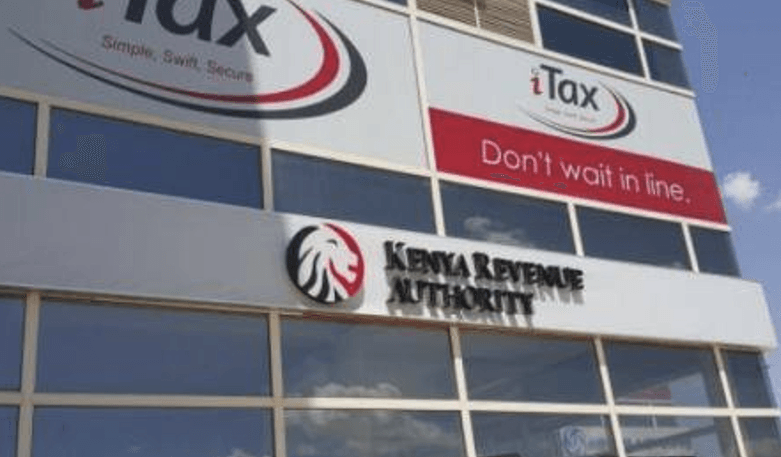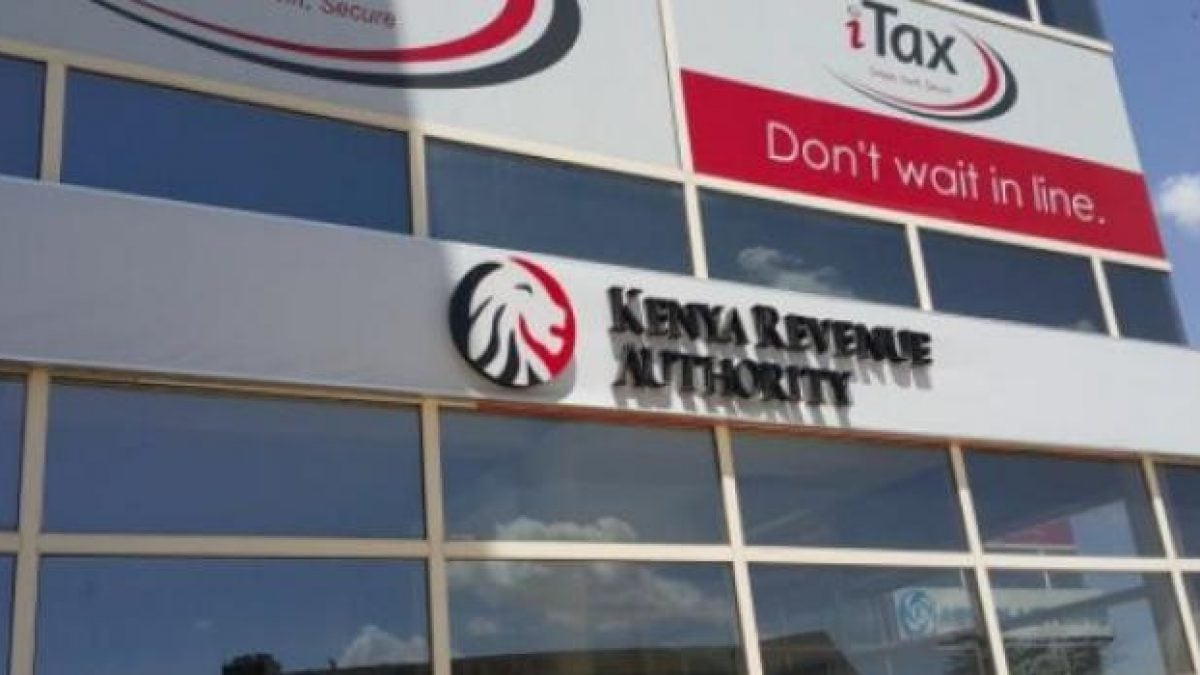

The Kenya Revenue Authority has announced enhanced measures in the application process for the Tax Compliance Certificate (TCC), introducing new requirements aimed at improving tax compliance among businesses and non-individual taxpayers.
In a public notice issued on October 24, 2025, KRA stated that,” the TCC application process will now include compliance with the electronic Tax Invoice Management System (eTIMS/TIMS) for non-individual entities and individuals with income other than employment income.”
To qualify for a TCC, applicants must fulfill several conditions.
These include being registered on eTIMS/TIMS for those in business,
filing tax returns on or before due dates, and ensuring timely payment of
taxes.
Additionally, taxpayers must settle all outstanding tax liabilities or apply for an approved payment plan that allows them to continue with the self-service TCC application process.
The notice also highlighted the need for VAT compliance,
including maintaining a valid VAT Special Table status where applicable.
Taxpayers can access the TCC application through the iTax platform, where they can also verify the validity of their certificates using the Certificate Checker tool available on the KRA portal.
KRA reaffirmed its commitment to supporting tax compliance
through ongoing stakeholder engagement, taxpayer education, and customized
solutions that meet the evolving needs of taxpayers.
The authority assured that any challenges faced during the implementation of these enhancements would be addressed within the current legal framework.
The notice concluded by thanking all compliant taxpayers for their continued cooperation and encouraged those with questions to reach out through the KRA contact centre or visit the nearest Tax Service Office or Huduma Centre.
Tax Clearance Certificate is an official document issued by KRA as proof of having filed and paid all your taxes.
Tax Compliance Certificates are valid for twelve months only.KRA issues Tax Compliance Certificates because it is a requirement when, among others, includes when applying for a job, renewing of work permit, or even clearing and forwarding agents' licenses.
KRA specifies critical areas of work or domains of responsibility that are essential for an individual or organization to achieve its objectives.
KRA's serve as a strategic framework that clarifies job roles, enhances focus, and supports performance management by establishing a basis for evaluating progress and accountability.
They define the primary tasks, duties, and responsibilities an employee is accountable for within their role, providing a clear outline of expectations and helping to align individual efforts with organizational goals.
They are distinct from Key Performance Indicators (KPIs), which are quantitative metrics used to measure how well an employee achieves their KRAs.















